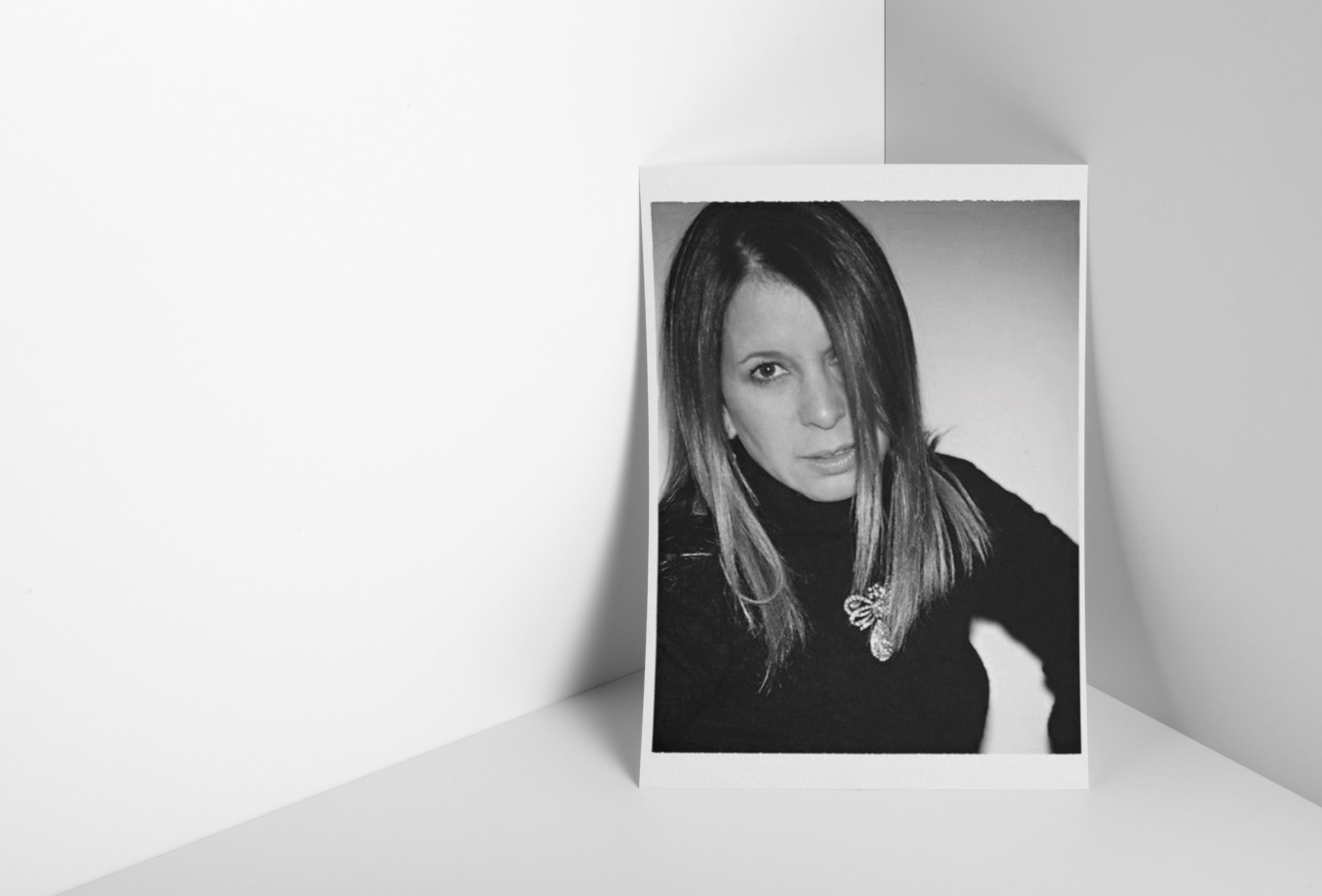By Mark Hooper
Righting wrongs: the industry pioneer has a vision of fashion marketing’s future, from the people we promote to the packaging we wrap our product in. Pay attention at the back…
The owner and creative director of luxury fashion advertising agency House + Holme, Ronnie Cooke Newhouse began her career as a founding editor of Details magazine, before becoming a creative director for both Barneys and Calvin Klein. She has since worked on high-profile campaigns for Comme des Garçons, Dior Homme, Fendi and Lanvin.
She took the time to talk with The Impression about diversity and sustainability in the industry – and, as one of the few female creative leads with her name above the door, how to improve female representation…
Mark Hooper: There has quite rightly been a lot of debate and movement on the issue of diversity in our industry over the past 12 months – but it feels that female under-representation is something that still needs to be addressed – given that we’re talking about 50% of the population.
Ronnie Cooke Newhouse: I’ve not seen enough women in general. It’s something that’s very close to my heart.
You know, I came into this industry a while ago and I was really the only female creative director working in the top ranks of our industry for a long time. I’m happy to say there’s been a few other women that have entered since, but that’s crazy – this is a women’s industry! To think that you have to fight your way to have a seat at the table, that’s insane.
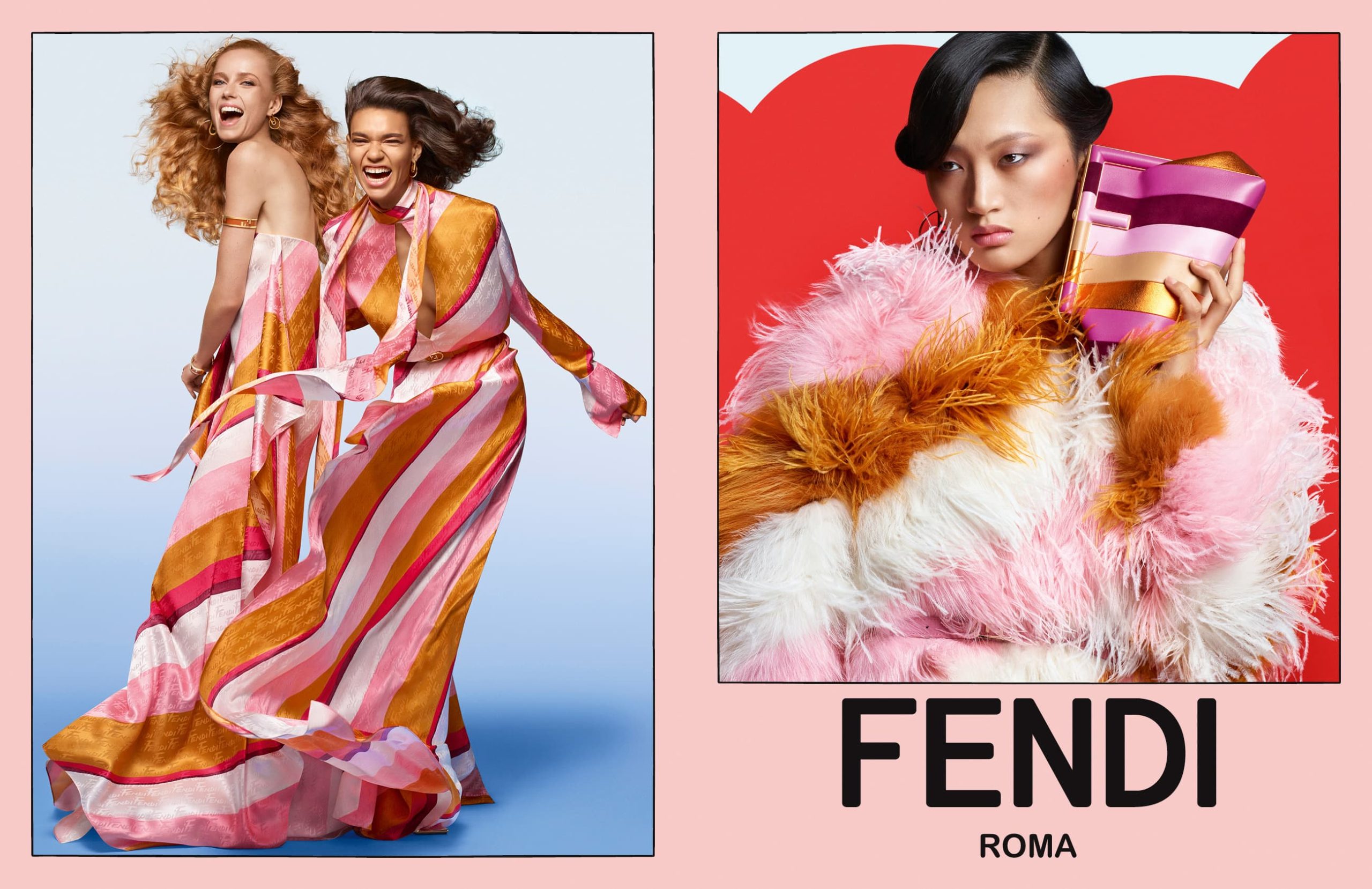
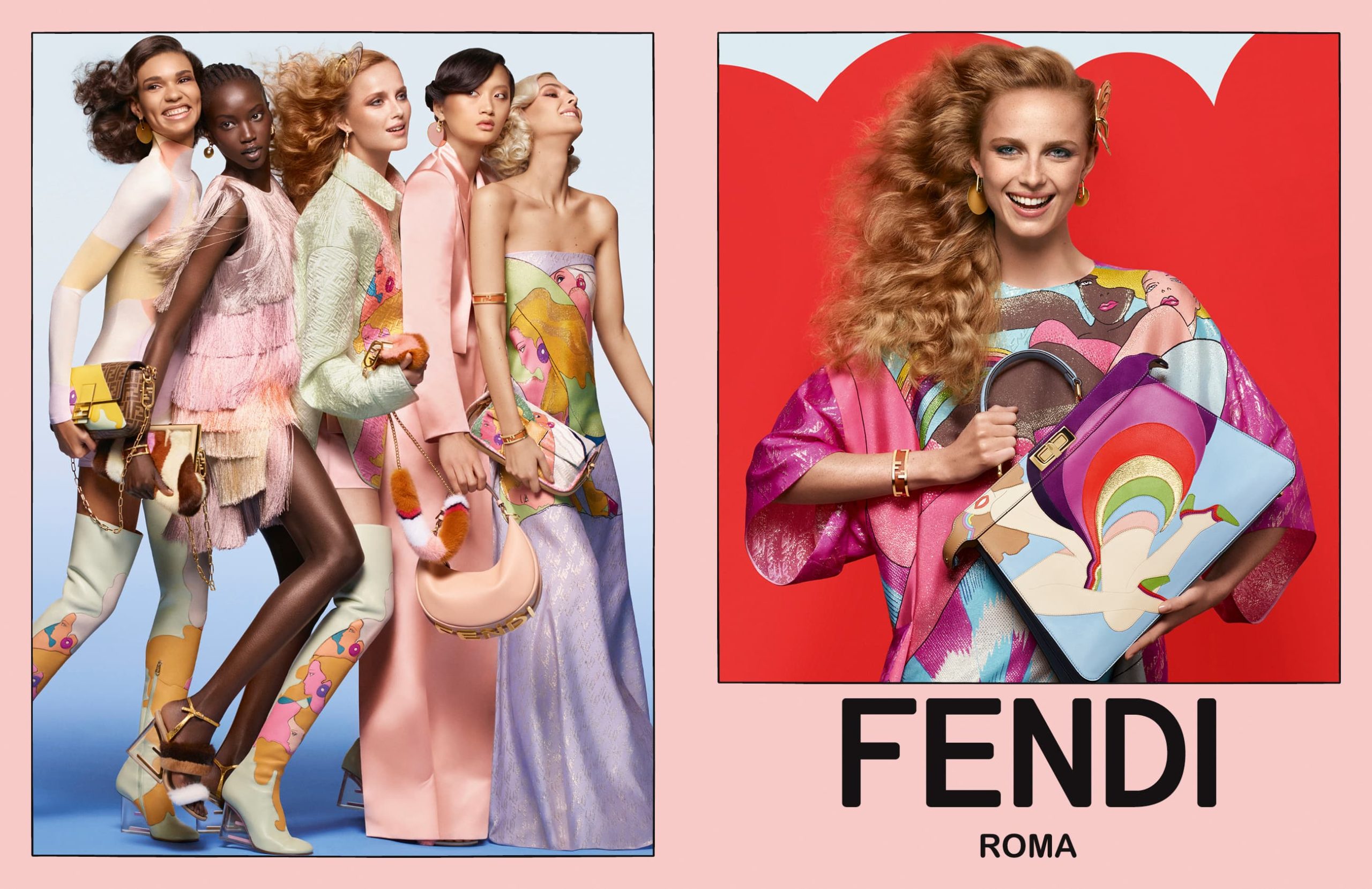
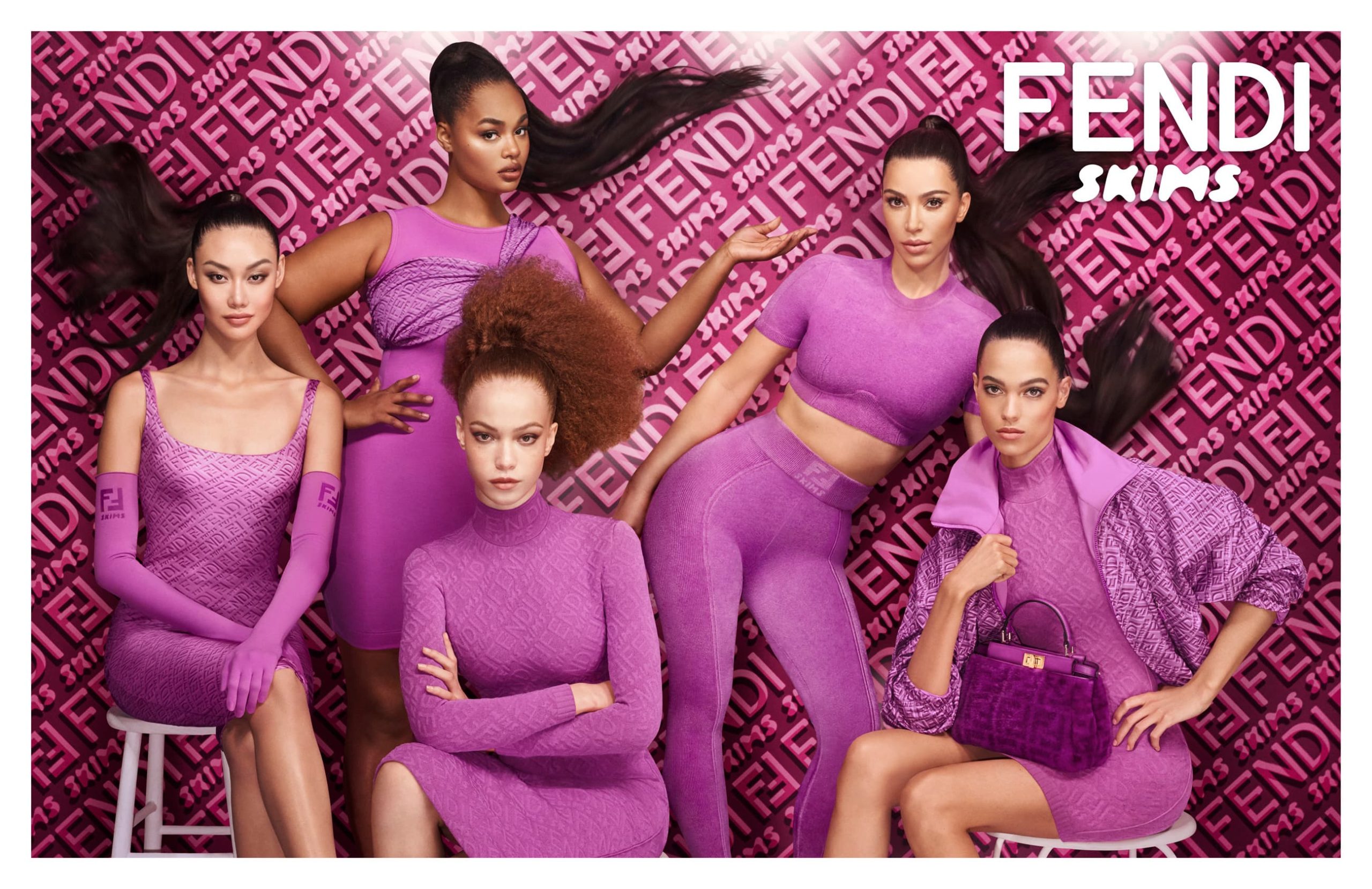
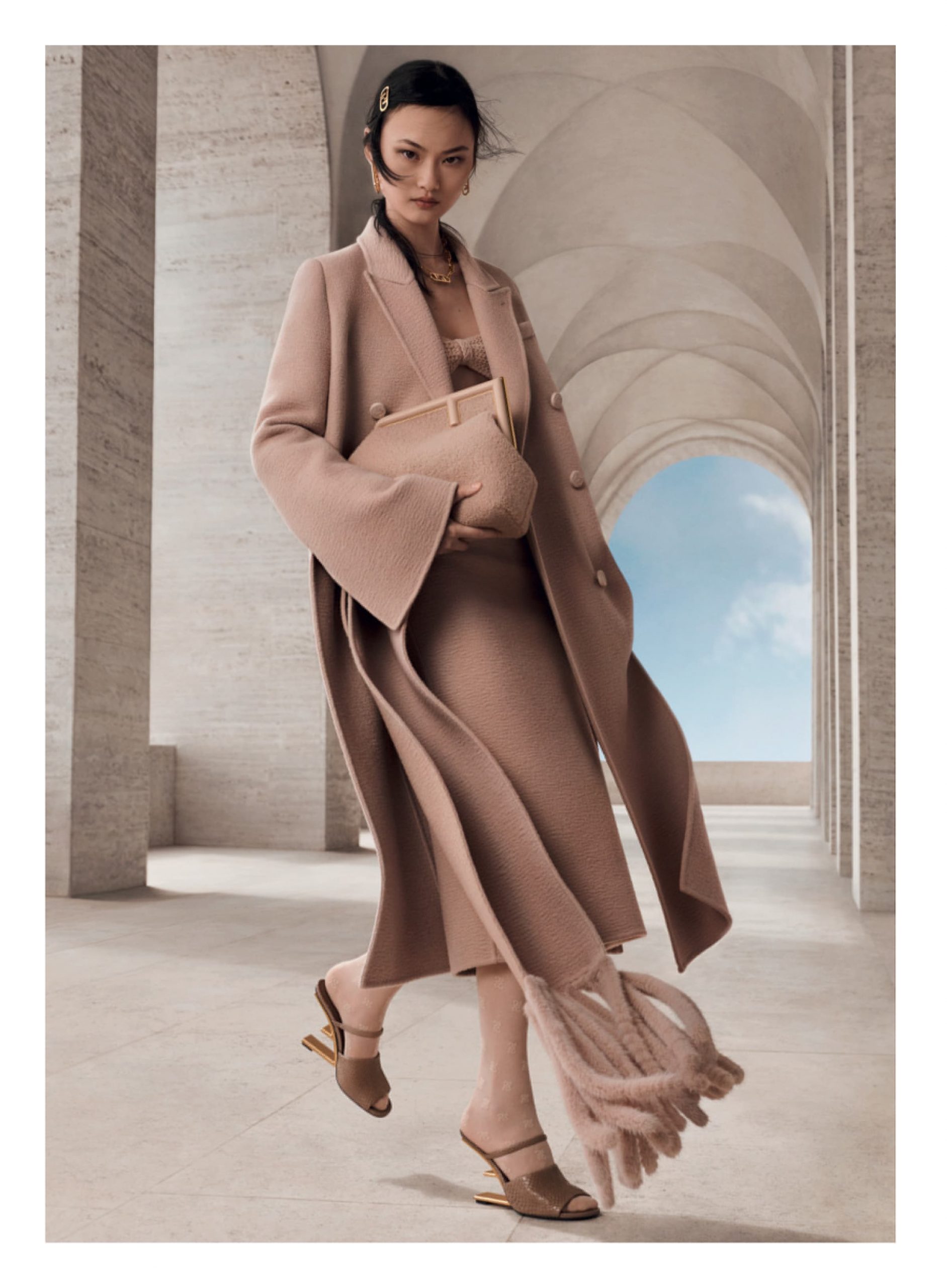
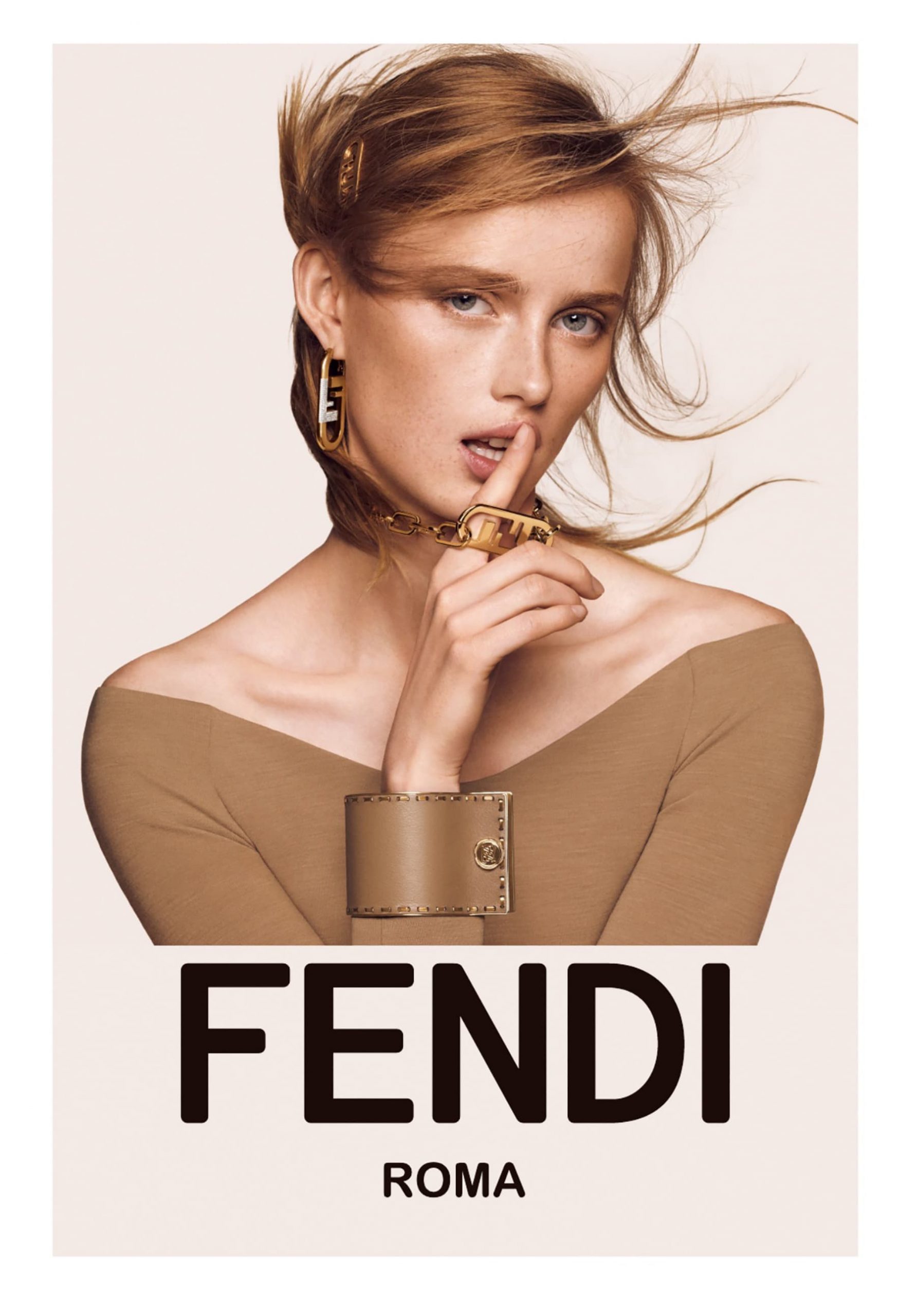
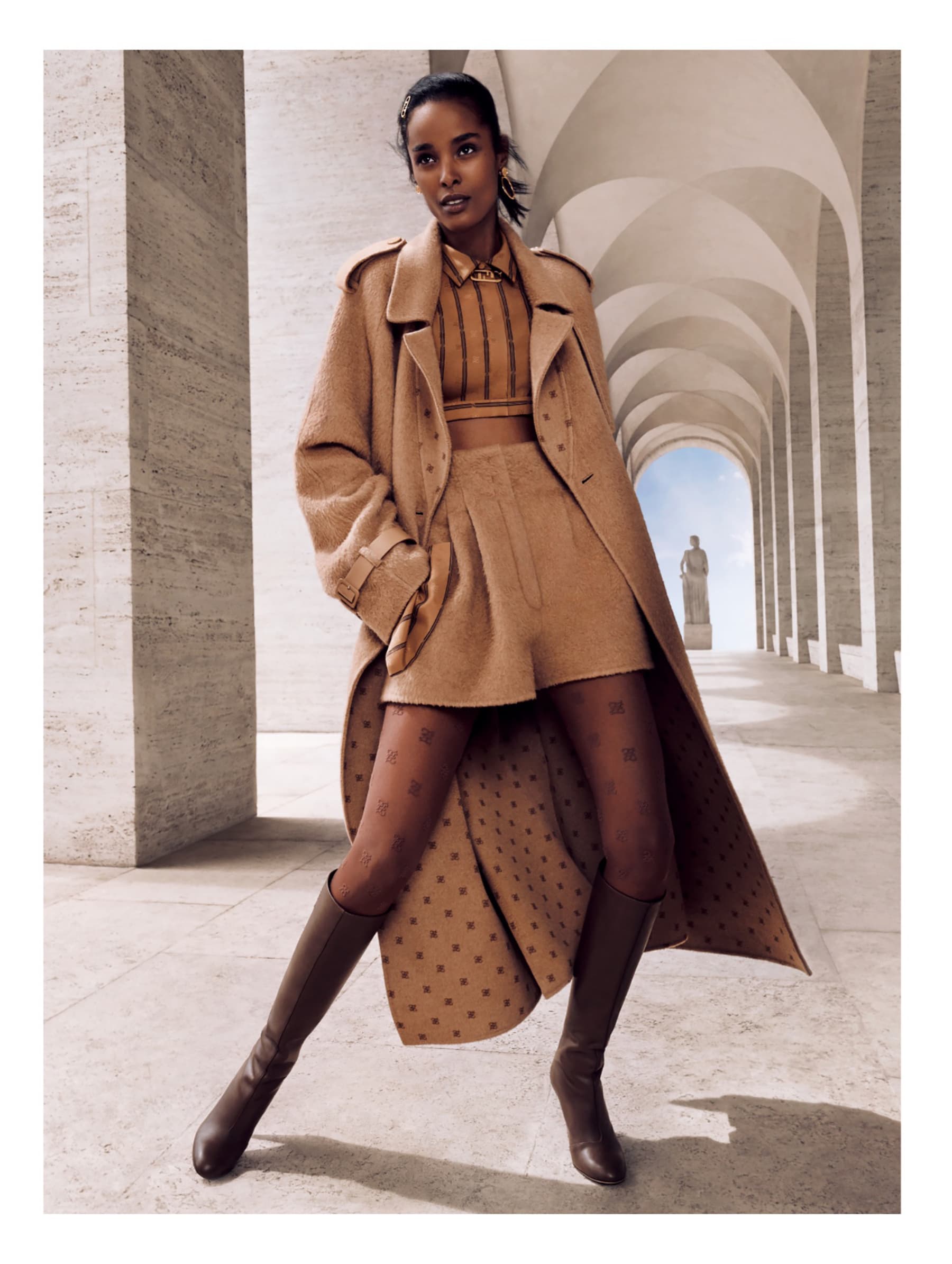
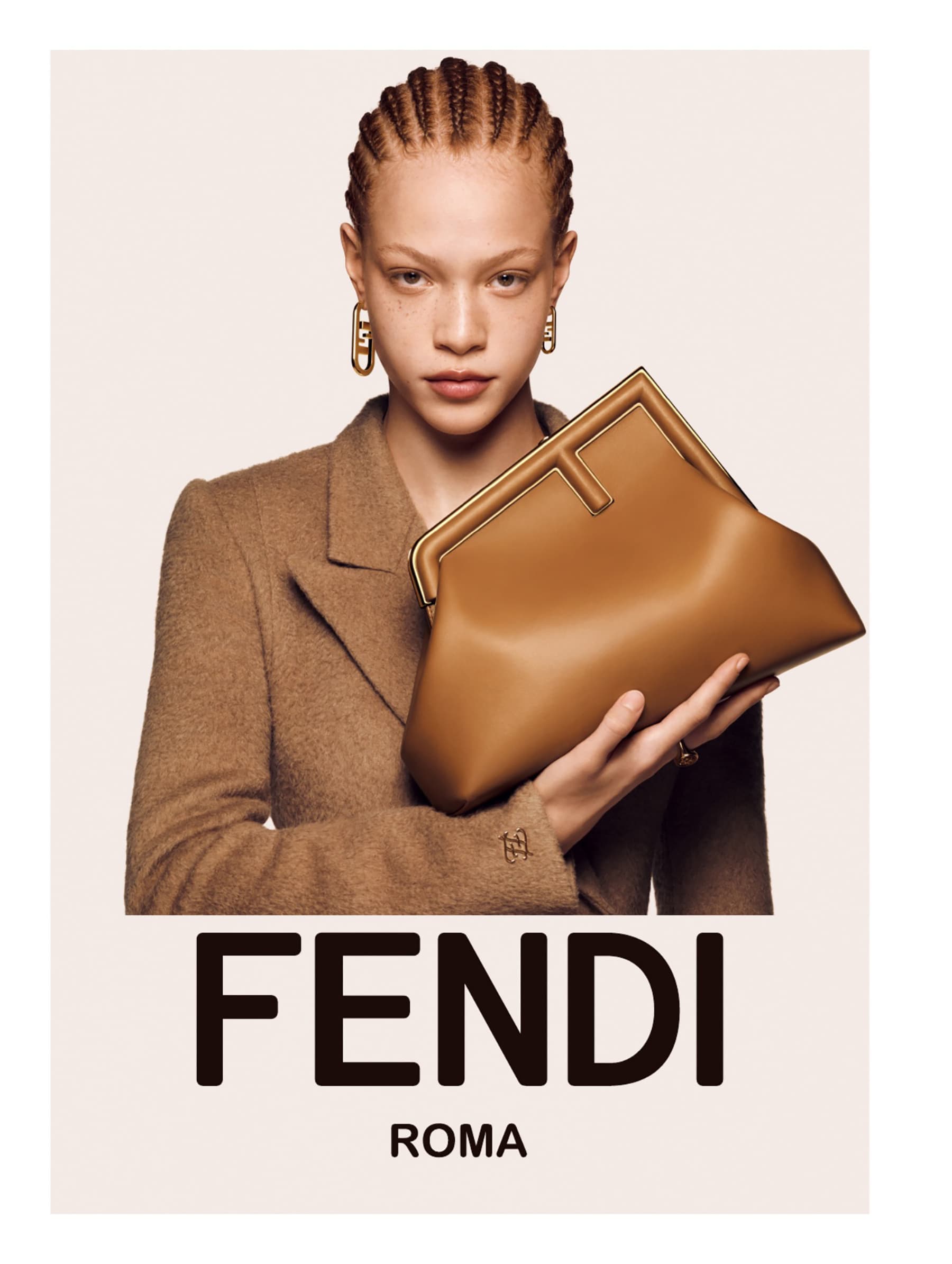
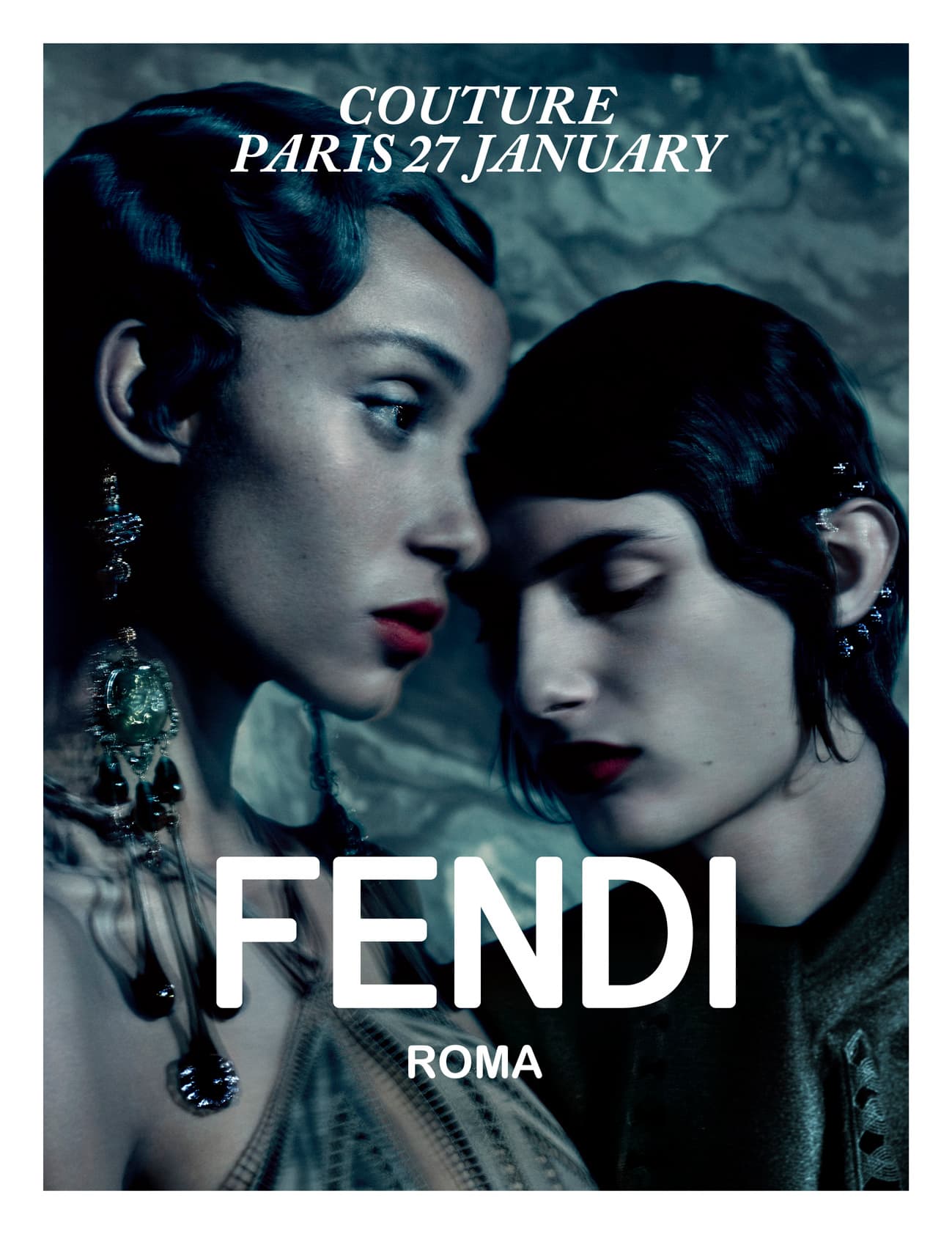
Mark Hooper: So what do you think we need to do to address that? It seems the higher you go up the ladder, there are more white males in charge, still…
Ronnie Cooke Newhouse: It’s bad on the women’s front and it’s really bad on the diversity front. A lot of people have made a difference and have become more aware, and I think that’s great.
If you’re in the closed room of the hierarchy and your team that makes the decisions at the table are all white males, I would say maybe you want to address the fact that you have a problem. And you want to sell clothes to women, or you want to talk to women? I’m sorry, I can’t do that.
I’ve had people say terrible things to me in my career. Literally to my face, things like, “I prefer to work with men because women get emotional. Are you emotional?” Actually, I am emotional because I’m a human! What does that mean, “emotional”? Asshole, I don’t want to work with you!
Mark Hooper: It just needs to be called out I suppose.
Ronnie Cooke Newhouse: It does.
Mark Hooper: I think people are more prepared to do that now, though, whereas before people would tend to keep quiet.
Ronnie Cooke Newhouse: It’s very shaming when you’re in those situations. You feel scared a little bit; in the past, you’d feel that if you did speak out, you wouldn’t get hired or they’d push you out. People don’t like to hear things, and then what? They don’t want to work with you anymore. I’ve always worked with people who have a very different attitude. Obviously, if they’re working with me, then they don’t have that problem. And they wanted a female point of view.
Listen, no-one’s had enough diversity, so I don’t need to say more about that. No-one’s guilt-free of that. But it’s great it’s being addressed and people do think twice now. But I do think if there are more diverse people around the table (in terms of race and gender), there wouldn’t be these mistakes being made. There would be someone there to say, “You can’t do that”. Because there’s a lot of systemic, institutionalized racism and sexism. People don’t even realize what’s being said. But it’s there.
— Ronnie Cooke Newhouse
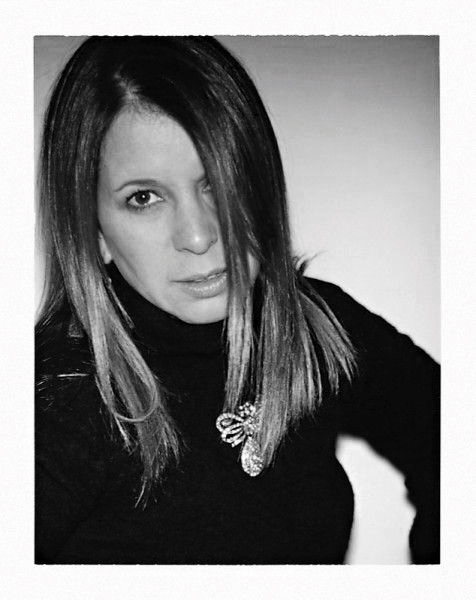

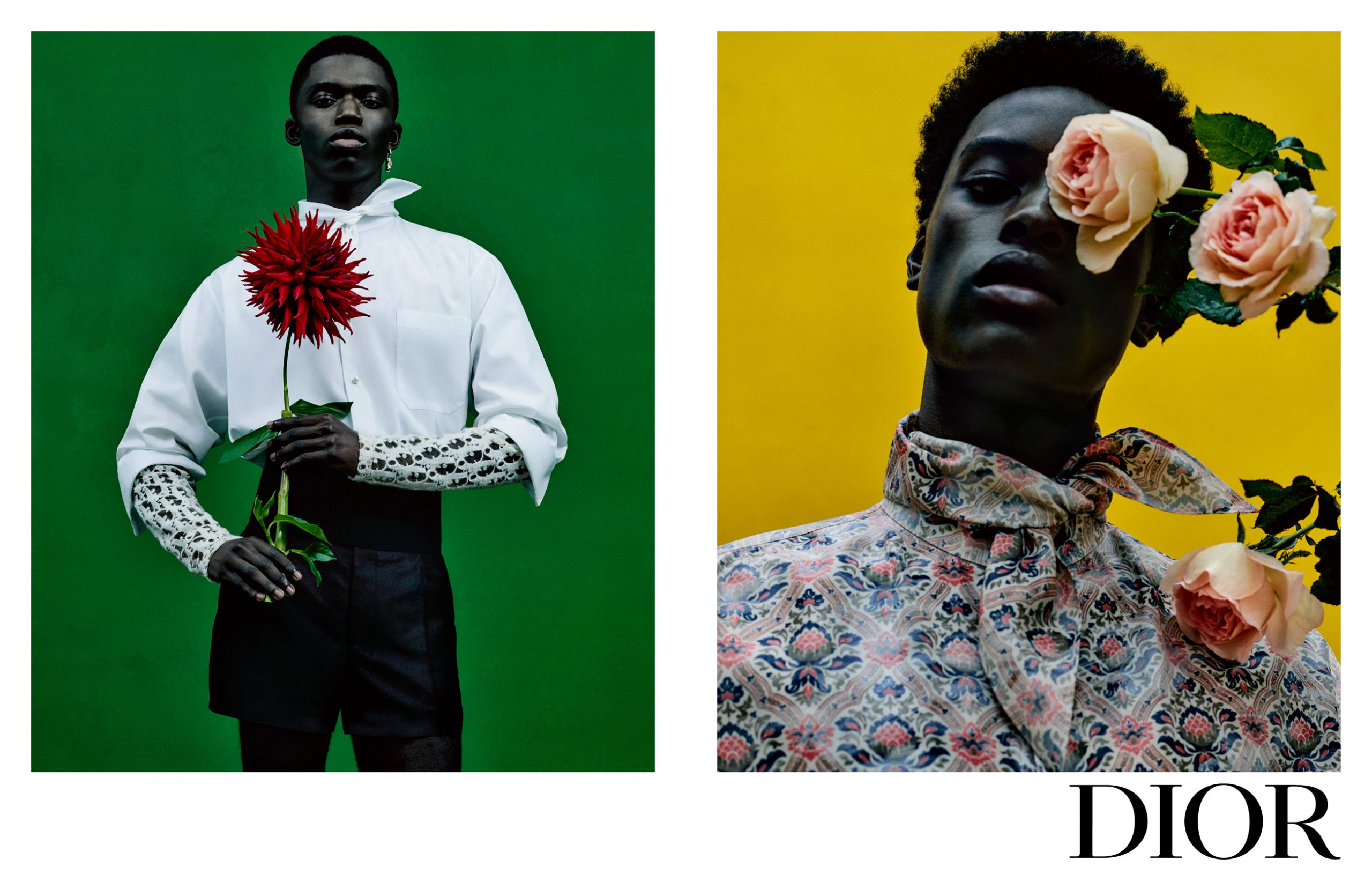

Mark Hooper: But we work in communications, so at least we’re in a position to spread the right message. There’s media buy-in and you can broadcast to the world.
Ronnie Cooke Newhouse: As you say, it’s using your professional platform to help in different ways. It can be more effective. I’m not a celebrity, but if you can do it in a professional way, it will have more impact than one post [on social media].
We’re a bit of a mirror, too. And it’s not one voice. That’s what’s so interesting: fashion is about lots of different voices, and over the last year or so, people have opened up journalistically, trying to find younger voices who are not part of the system – who were overlooked before, or weren’t given the space because they didn’t have the advertising revenue, or whatever it was. Unless they were lucky enough to be heroes in some sort of music or celebrity world.
But now there’s all these new names I’ve never heard of before in fashion and they’re upcycling, down-cycling, side-cycling! And they’re making it happen.
Mark Hooper: The upside of social media of course is it allows you to reach an audience directly and have that platform and means of distribution…
Ronnie Cooke Newhouse: Yes. I think we’re in a renaissance period. And certainly, a lot of things that aren’t working anymore are changing and being substituted for new things. Some of those things will work and some will disappear. But there’s a lot more experimentation and an allowance for experimentation.
Mark Hooper: You’re in the unique position of moving from editorial to a creative agency, so have seen things from both sides…
Ronnie Cooke Newhouse: I’ve not been on the editorial side for a long time. I had a magazine I co-owned and I’m a contributor to British Vogue. But editorial is something I feel very strongly about. I made a decision at some point to stay away from editorial for personal reasons. On occasion, I get called in to write articles or do things, and I enjoy it – it’s a reminder of what I loved to do at one point.
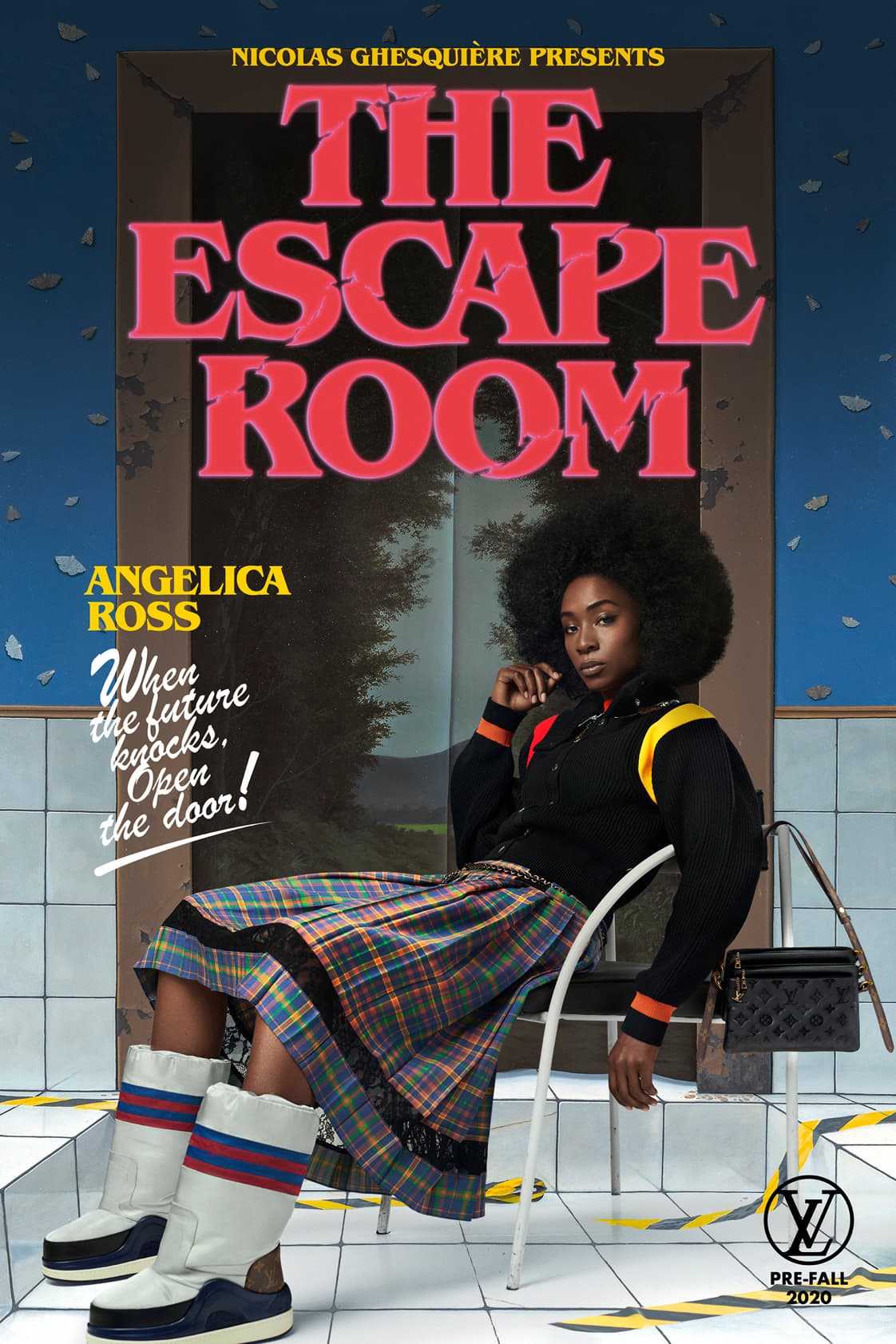
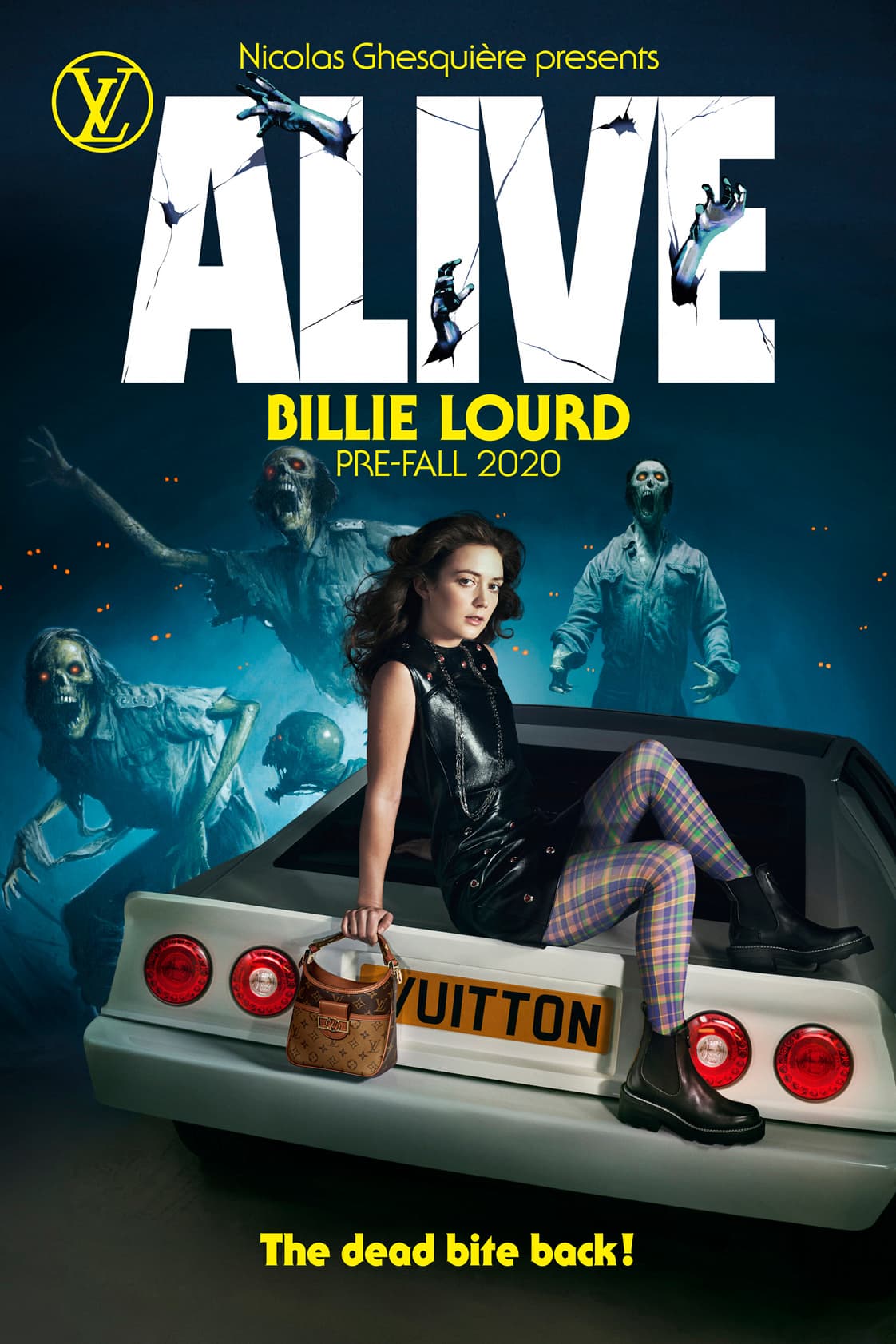
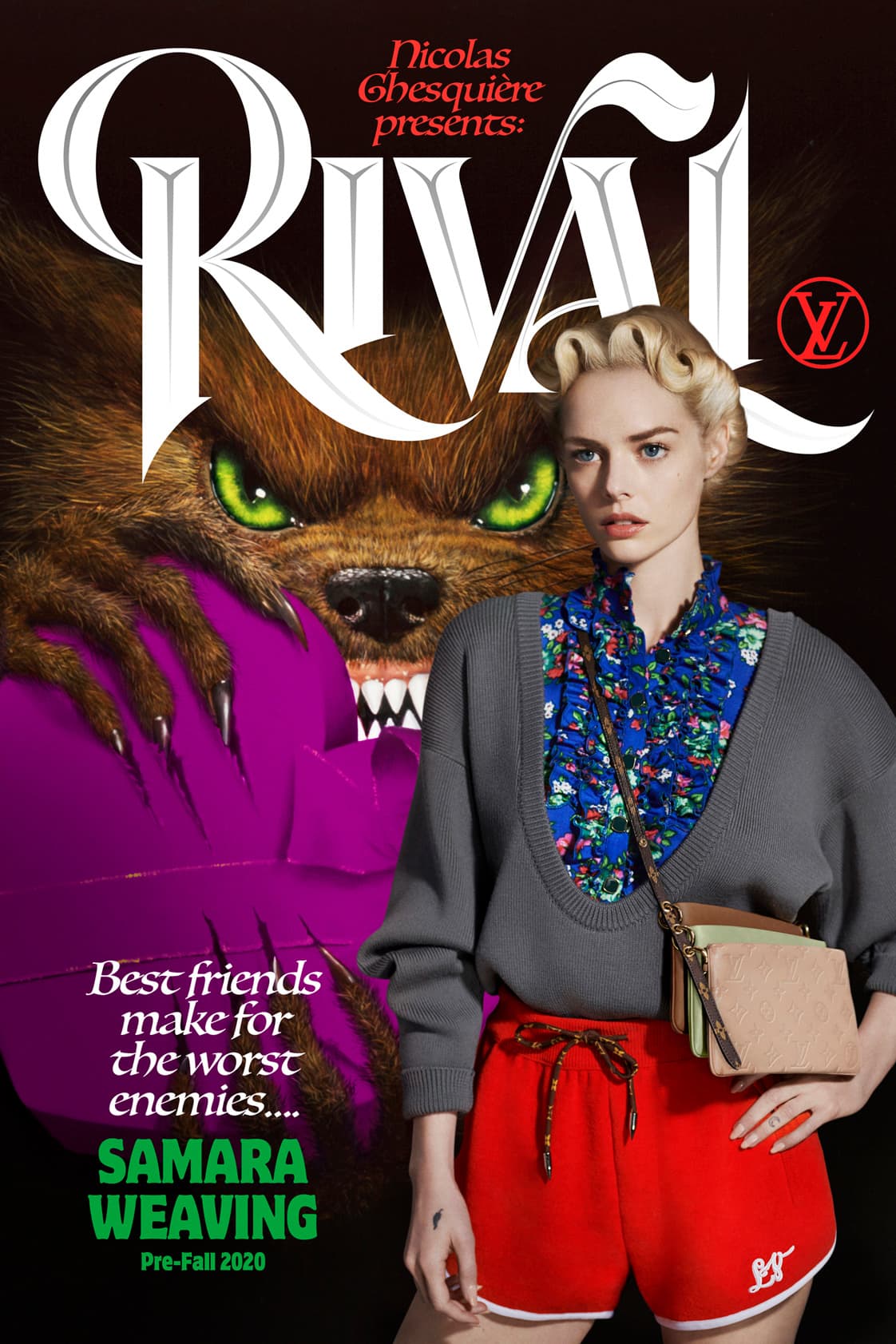
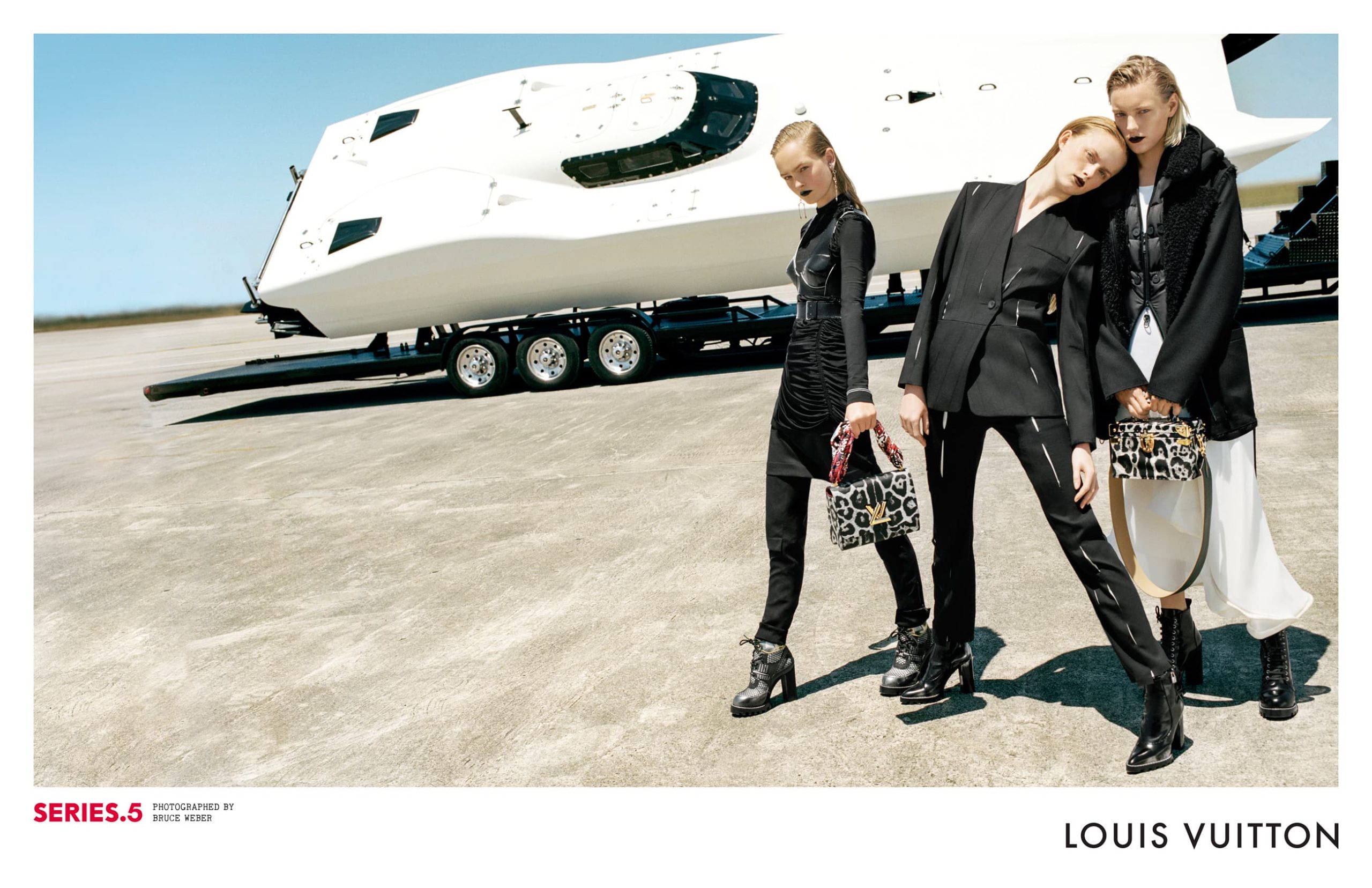
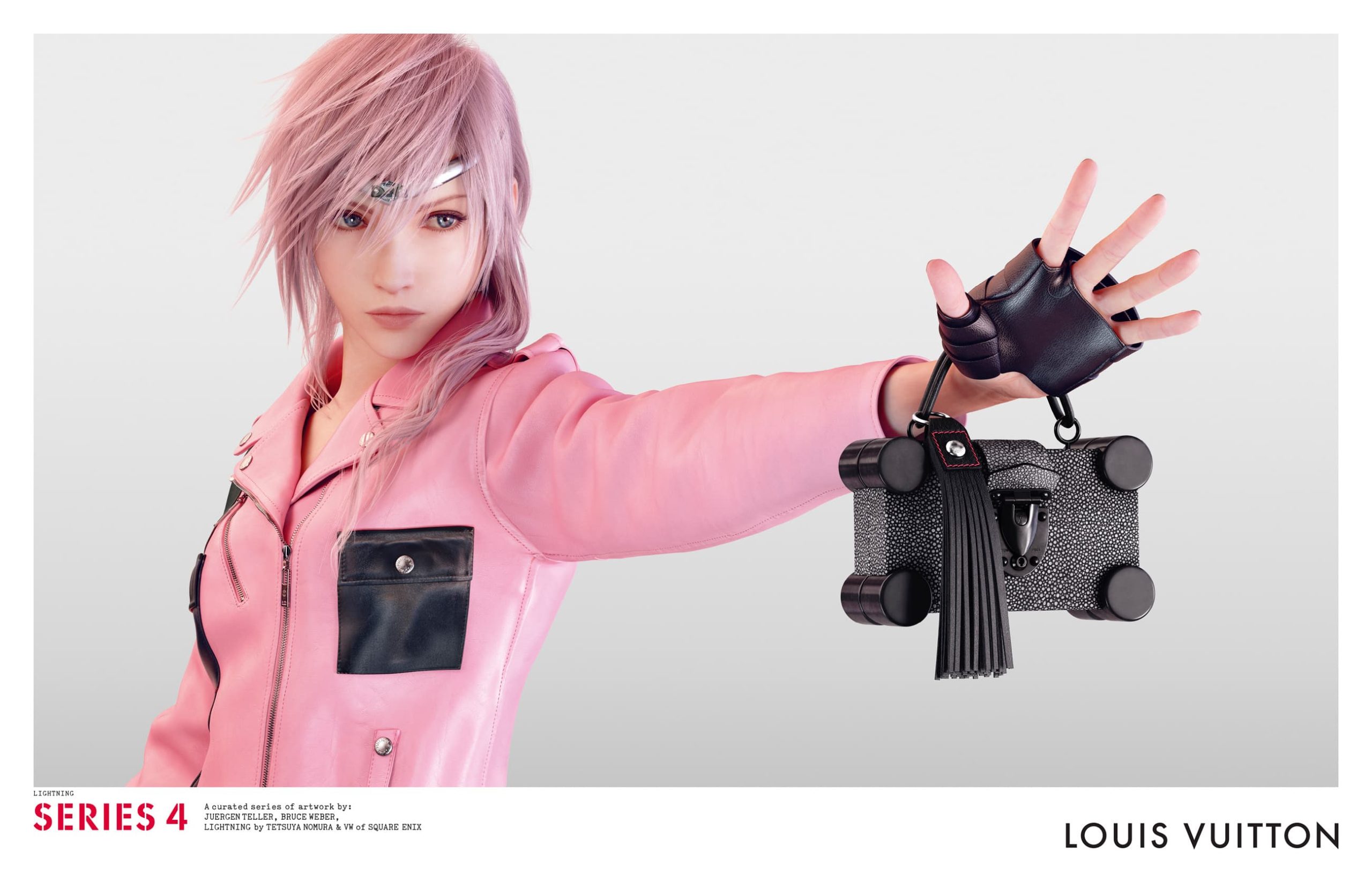
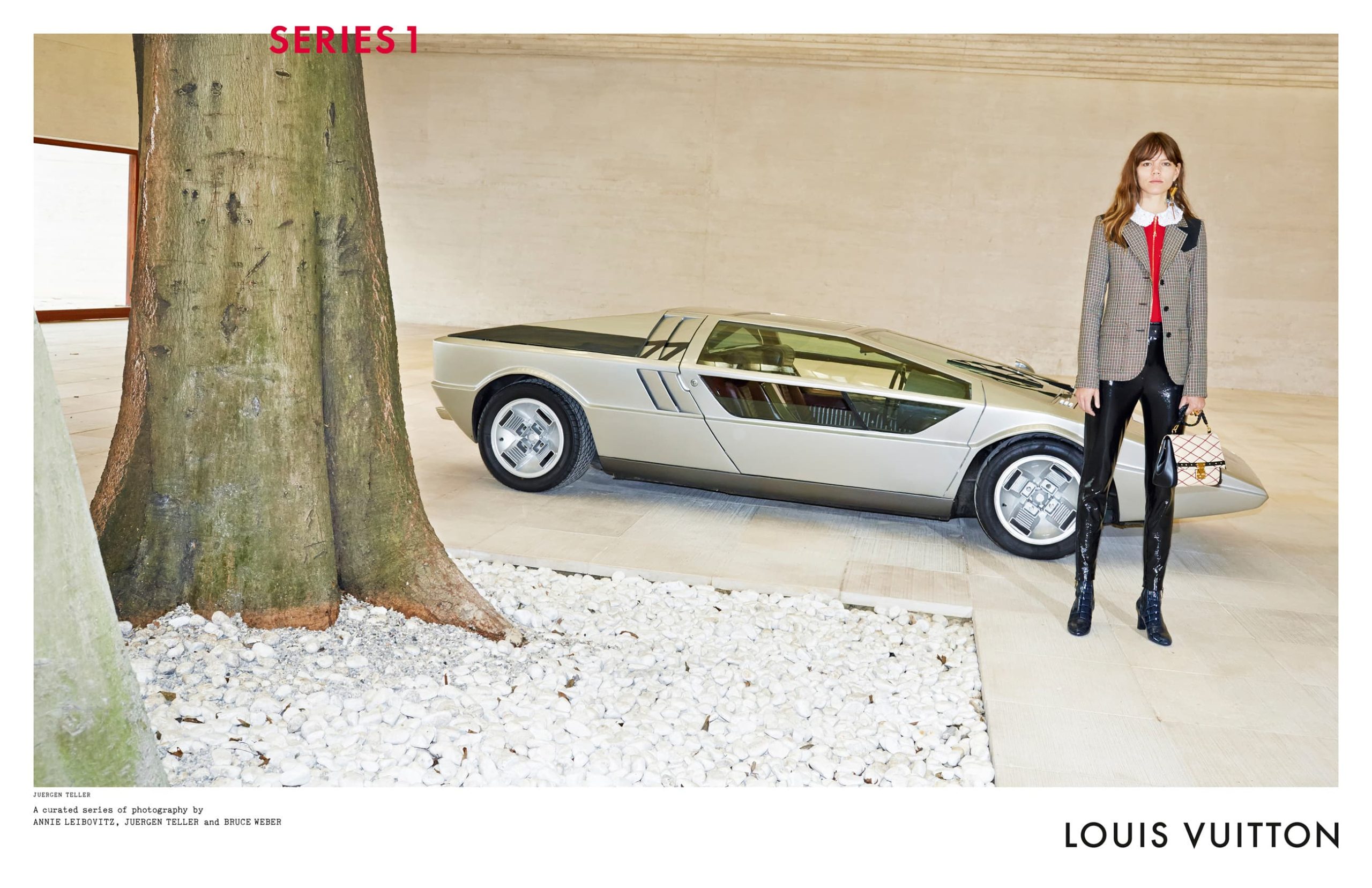
Mark Hooper: How do you see the future for editorial and making it viable post-Covid? I worry that commercial concerns are overtaking editorial – and this feeling from senior management that editorial is somehow interchangeable…
Ronnie Cooke Newhouse: Well, we know it’s not; and we don’t need people to say that it is! I think there are two things: I’m not involved in magazines now, so I can’t really speak with too much knowledge in that sense, but all businesses are overloaded and probably overstaffed. It’s funny because I work on images and advertising [where] the main campaigns are global. We don’t create regional content. You do see regional in terms of influencers within communities, but the message from the designers of these houses is very much, “This is what we’re about: this is how we see things”.
But there’s no one fit for everyone is there? And there’s no one way of doing things. Business people like to think there is because they like to look at what was successful before to look at what will be successful going forward. And creative knows that that’s bullshit! You can’t base success on the past: you always have to move forward. Part of fashion is change – that’s what turns the wheel.
It’s hard to have philosophies that really say, “This is the way that it is”. I always get mad when you see someone, particularly from the business side giving a lecture on The Future of… blah blah. Give me a break!
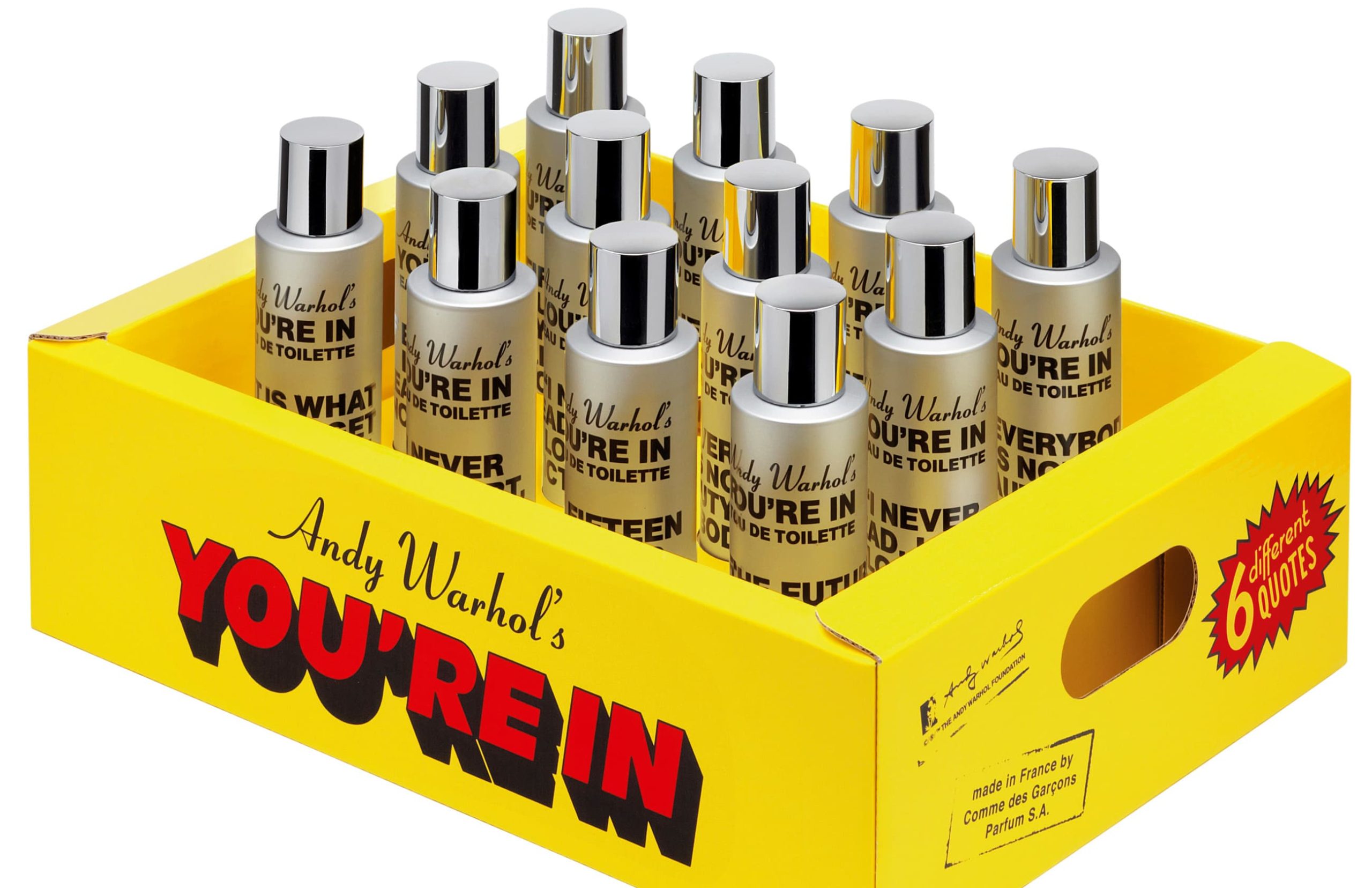
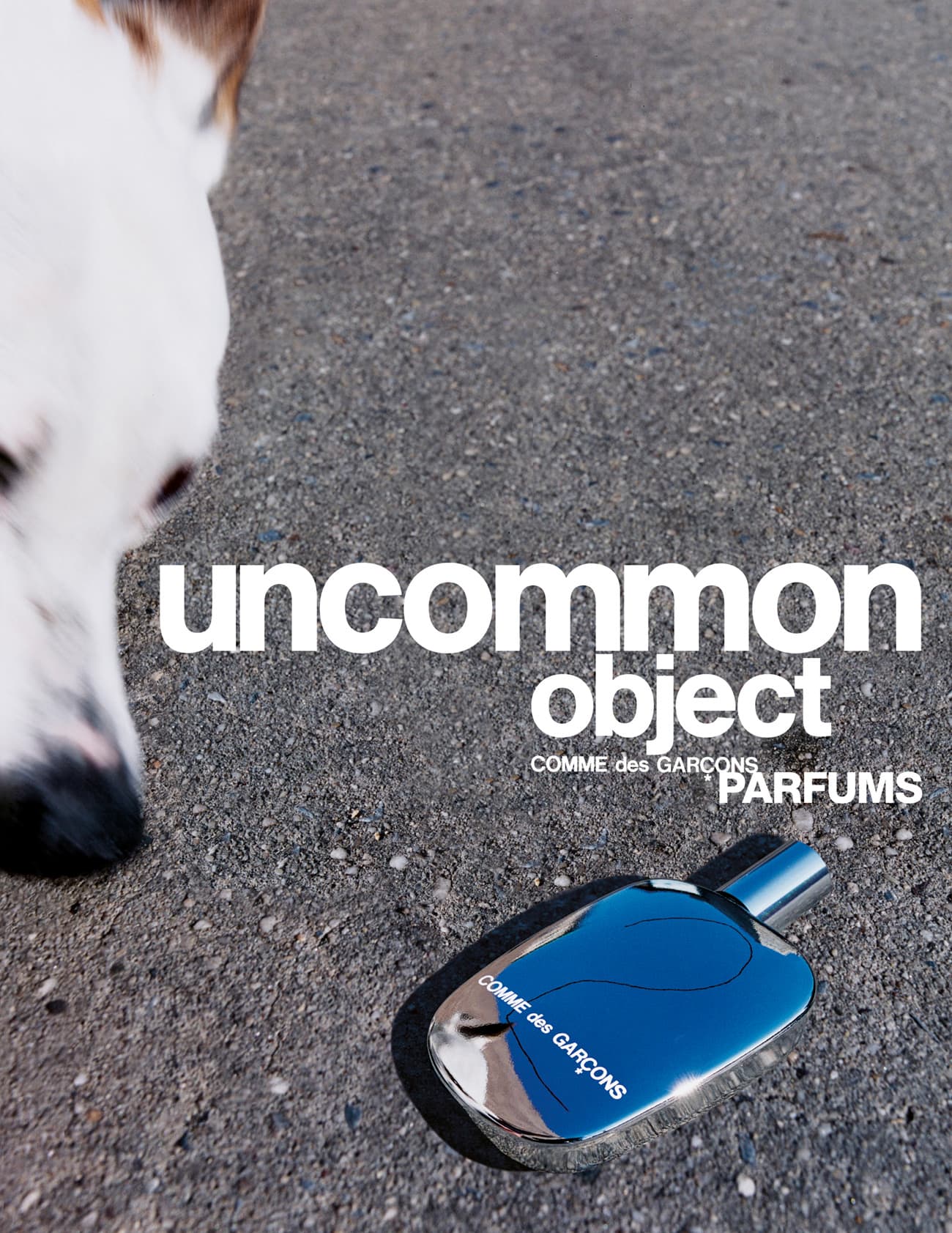
Mark Hooper: What positives do you see from all the challenges of the last year?
Ronnie Cooke Newhouse: Things are becoming a little more considered. And also we’re seeing people being able to navigate things more. It was really hard at the beginning of lockdown. I just decided to remain uncritical of any efforts during that period, because I think just survival – and the fact that people were still employing other people in our industry – was merit enough. So everyone got a pass I think. But I do think it opened up a lot of opportunities for people too, and they’re thinking differently about the shows. I think we’ll see a combination of things. That’s the difference: you don’t have to have a show; you don’t have to do anything in a particular way. It pulled the lid off convention. Now if you want to show collections off the schedule, at a different time, so be it. Or you want to do more capsule collections and mini drops – there’s no absolute way, you don’t have to fit into the system anymore. And I think that’s a really good thing, it broke the back of that system that’s really enslaved everyone for so long. “Enslaved” is a bad word to use at this time, but you know what I mean. We’re in the phase of “why not”.
Mark Hooper: There’s a sense of release and joyfulness coming back in – which is something that has always been a signature of your work. I get this sense that everyone has been waiting for that..
Ronnie Cooke Newhouse: Well, yeah. It kind of feels like you’re allowed to now. Whereas before it just felt so sad, it was inappropriate. I always want to see things I haven’t seen and challenge myself to do things that have a certain implicit depth of emotion to them.
I love how, if you go to the hair salon and watch people reading magazines, they will turn the page and look at something and just stop. And you think, what is it that’s captivated them? It’s that interesting thing of being able to hit emotions. Those reactions – liking, not liking, “Wow!” – they’re all equally good.
We’re in competition with online games, people shopping from home… look at the biggest films coming out of Hollywood, they’re Marvel comics come to life, total fantasy. Drugs, music… That’s our competition! Things that make you feel something. It’s not just other brands. It’s culture. So I think it’s important to have that element of surprise. Humor in fashion I love – and irony. It can cross all borders then.
Ronnie Cooke Newhouse: With the sad, sad death of Alber Elbaz this year, who I worked with as his creative director for so long, I had a great person to work with who really loved humor. It was always a story that was universal in a funny way.
Mark Hooper: He always seemed to come from a starting point of wanting to celebrate women…
Ronnie Cooke Newhouse: And he worked with me, and I’m a woman! A lot of fashion designers tend to have only male teams around them. In this day and age!
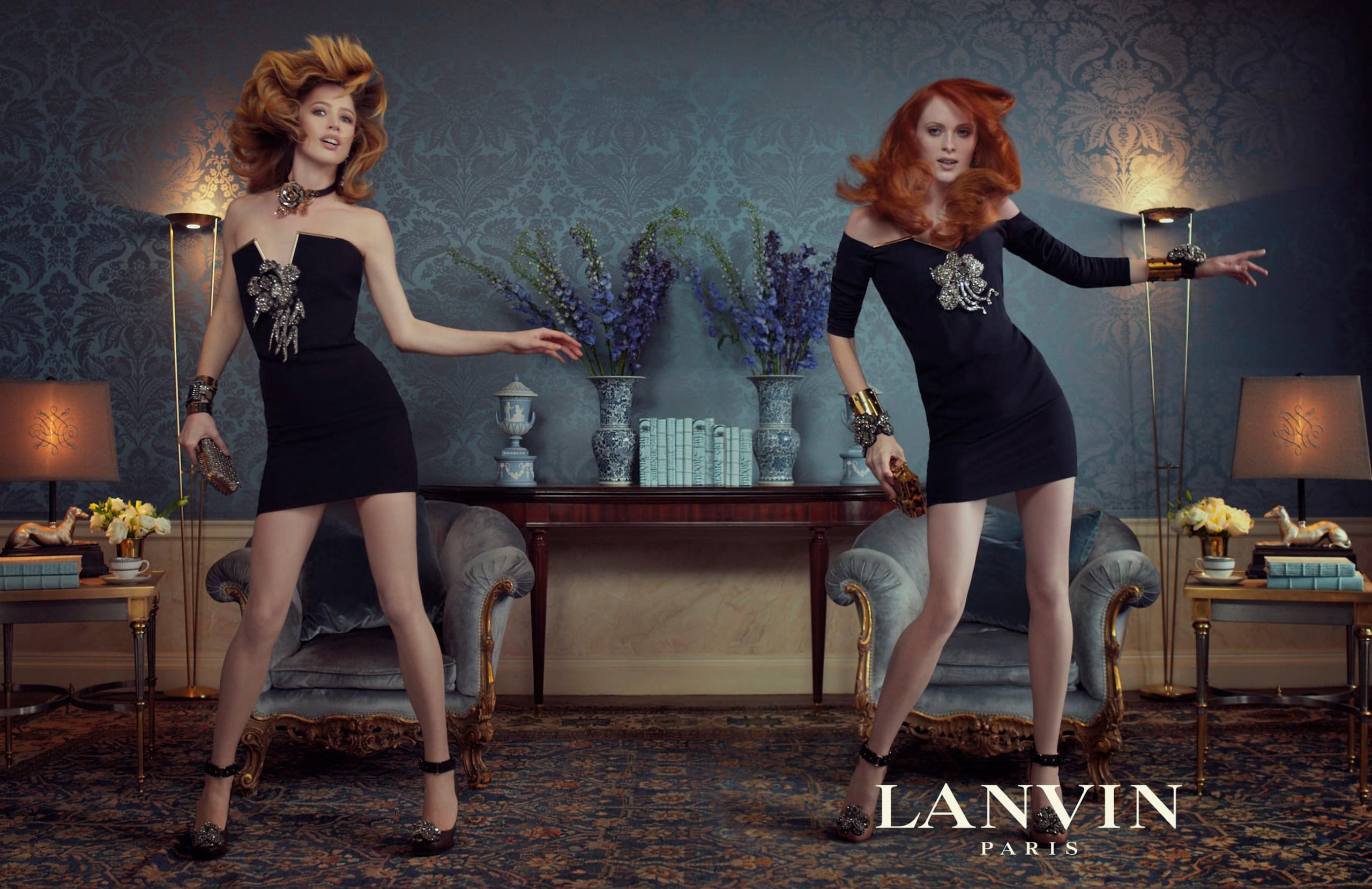
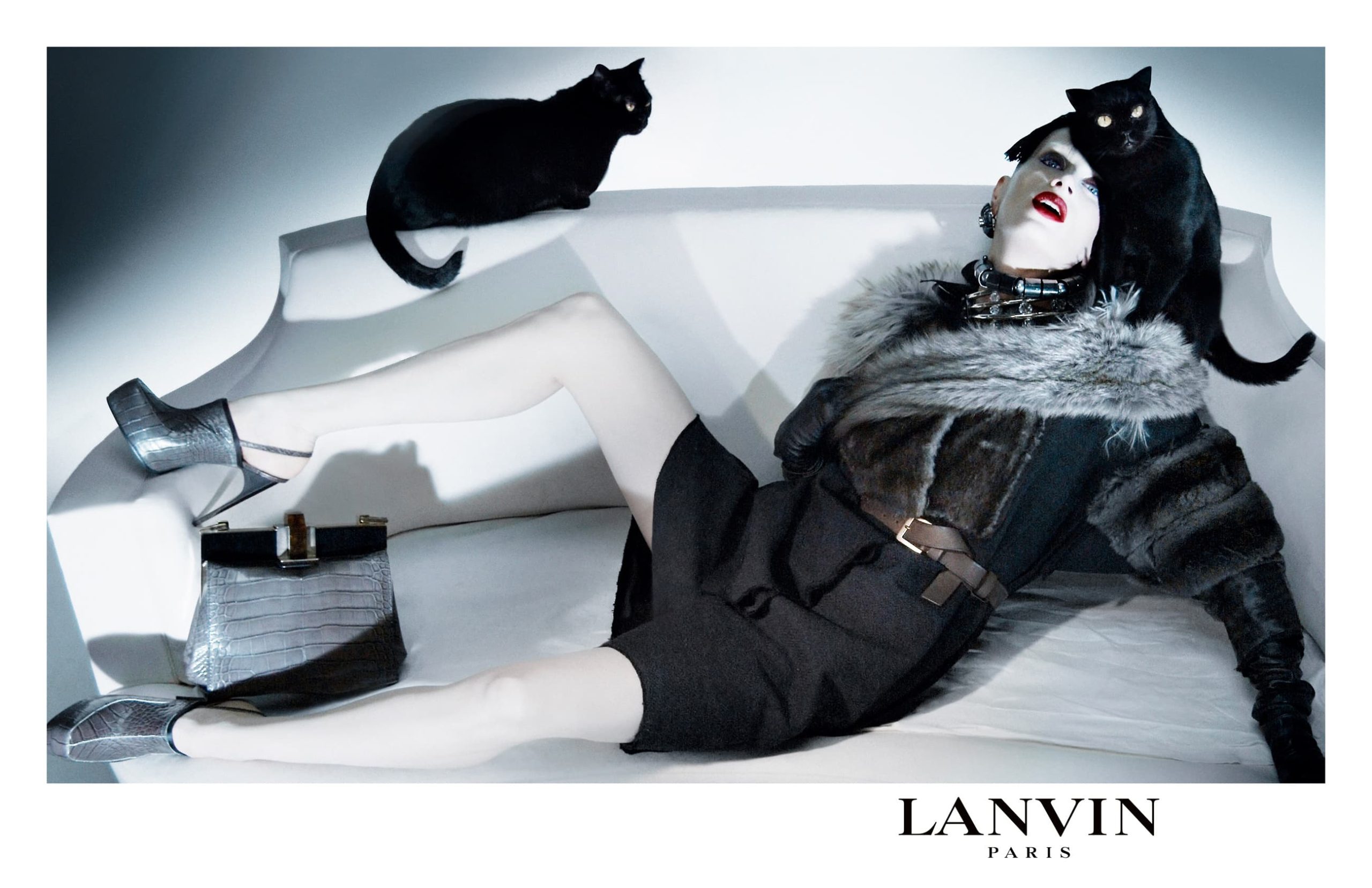
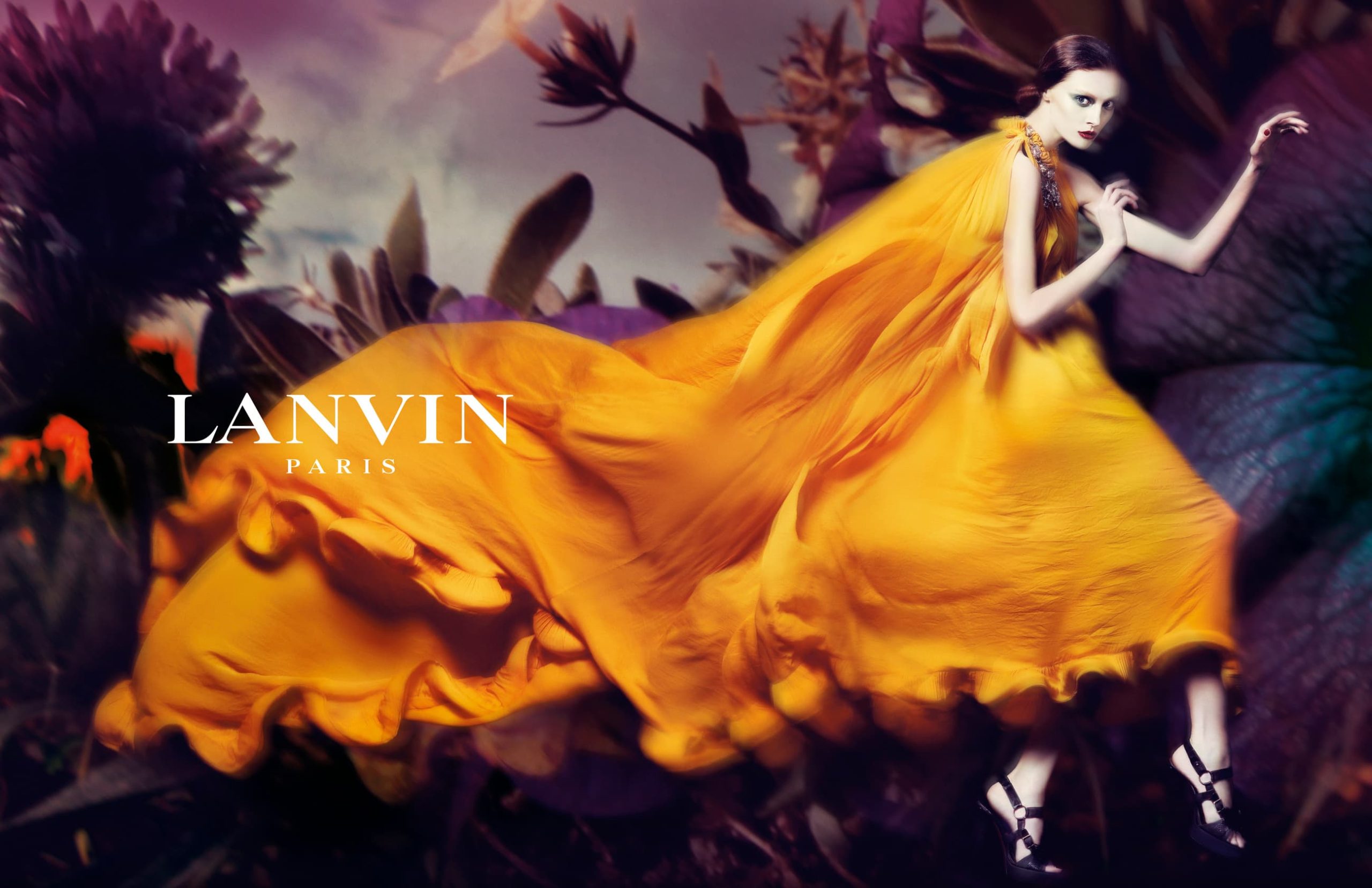
Mark Hooper: What excites you at the moment?
Ronnie Cooke Newhouse: Well I think there have been some power changes – some of the designer changes that have been interesting.
I really like seeing the fact there is more diversity and body diversity. You’re seeing it in places where you think you’d never see anything but that idea of “perfection” in the body. It makes you think differently about everything. All of a sudden when you see diversity, larger beautiful bodies, women of all sizes, shape, color, whatever – it’s like, wow! That’s a huge shift. It’s not like it didn’t exist for ten years – it never existed.
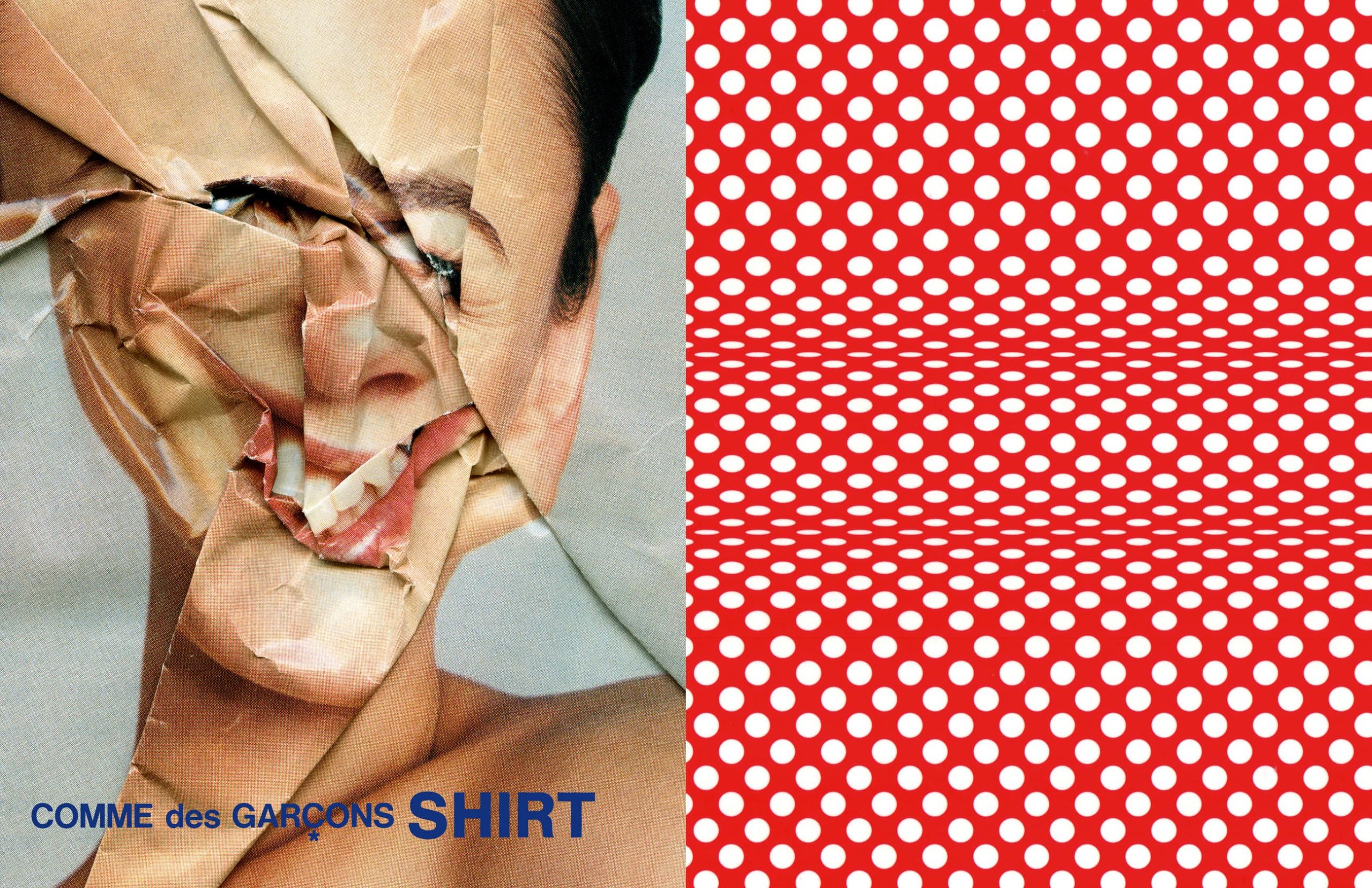

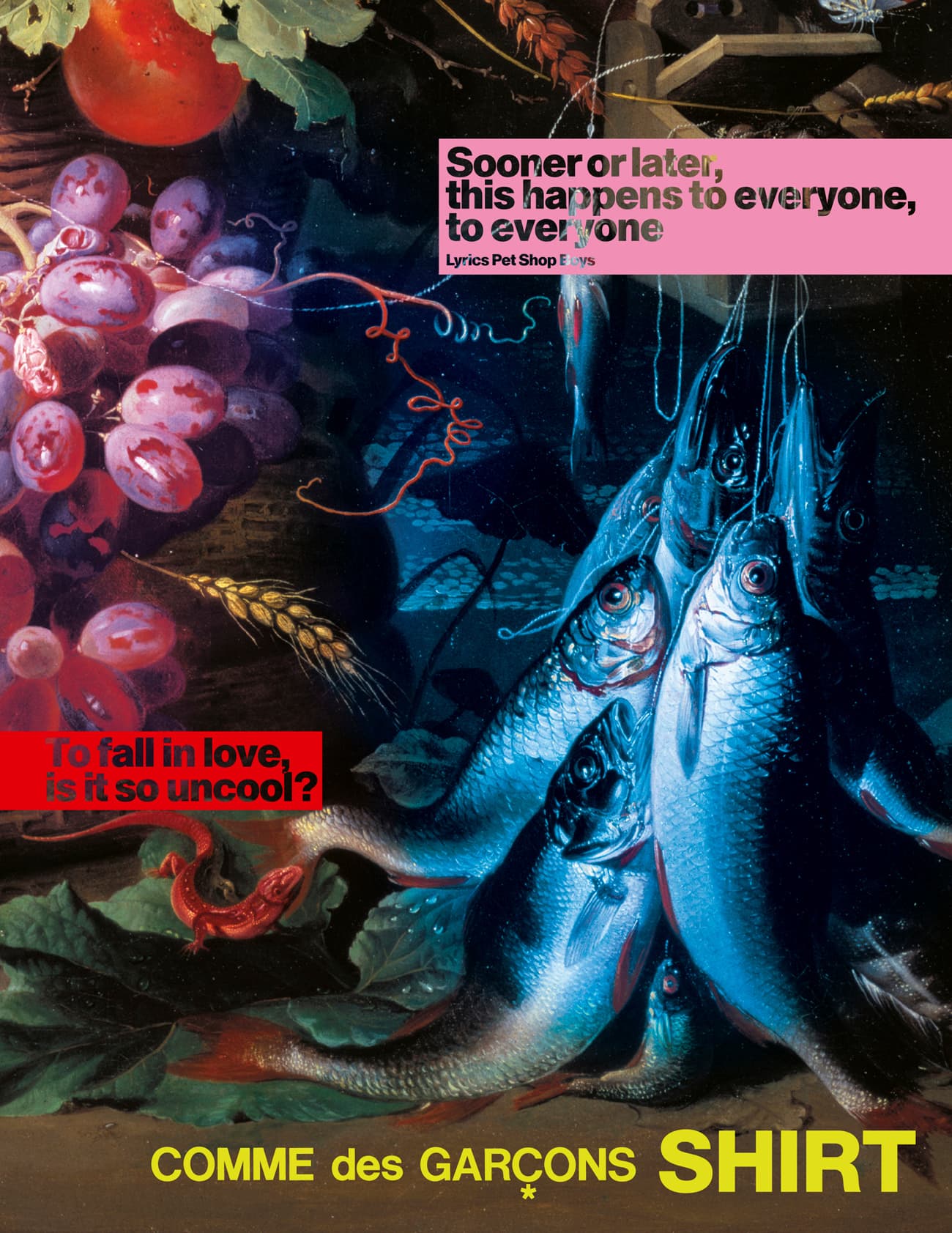
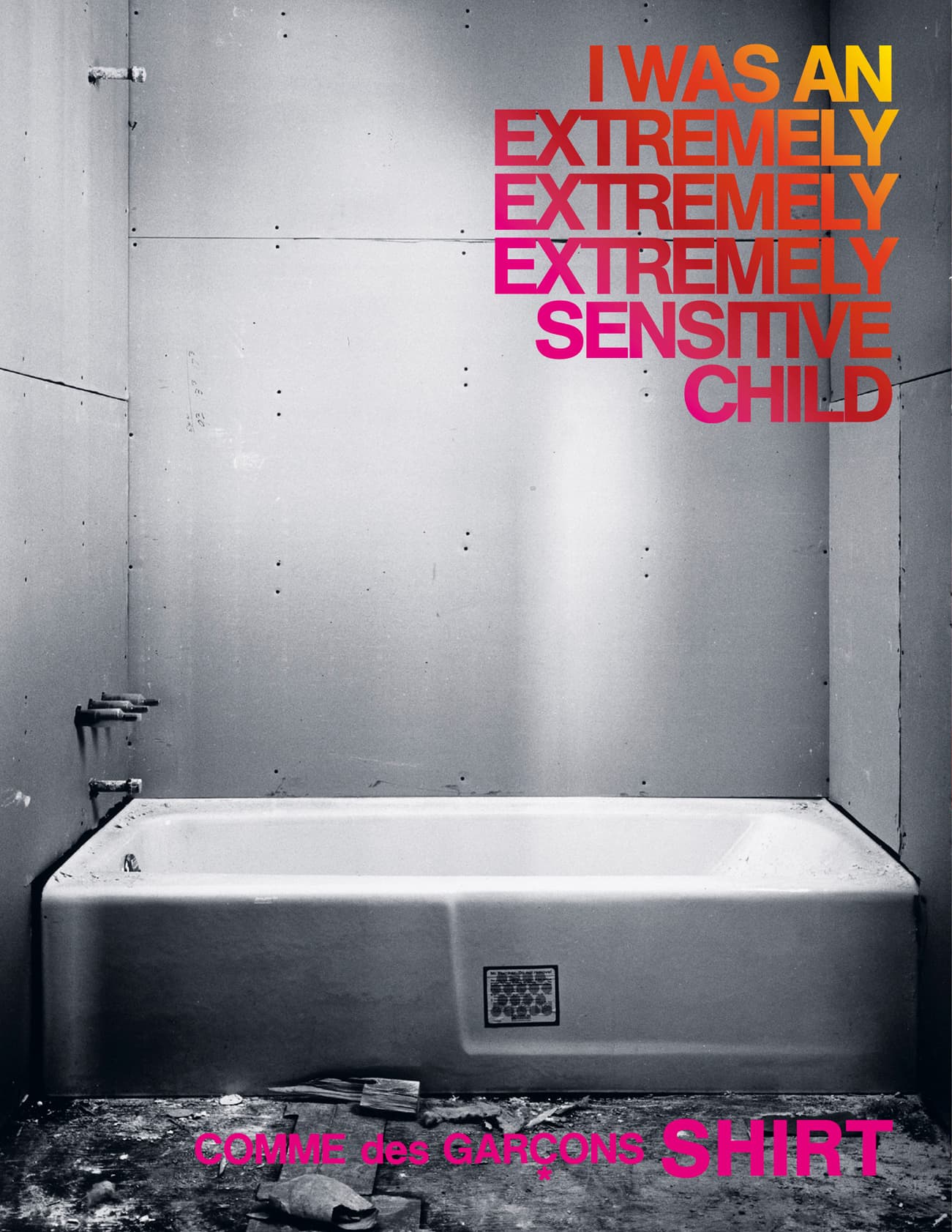
Mark Hooper: It feels like we’re getting away from talking to people as ‘others’ or types – it’s understanding that people are just people…
Ronnie Cooke Newhouse: I just think it’s great for people to see people that look like themselves. Finally, they can relate. Is it perfect? No, but it’s so much better than it was. I think it’s opened up people’s eyes. And what an improvement. And whether people are doing it genuinely or not – it doesn’t matter. It’s not going away. And there’s no excuse not to do it. We love seeing that. It’s also so much nicer for creatives to be able to think so much more openly. They keep saying it’s going to be like the Roaring Twenties, but I think a lot of people are not in great shape, so I don’t see a lot of roaring, but creatively rather than financially, it’s opened up so much more exciting for us. And it’s more challenging because we’re working without a map. I think some people are embracing that, but business is tough, so people have to run their companies accordingly. There’s no one fit for everyone. But I think there’s a lot of potential now I don’t think it’s possible to have a company and not be conscious of the environment and all the responsibility that comes with that, for instance.
Mark Hooper: It feels like we’ve turned the corner in terms of sustainability?
Ronnie Cooke Newhouse: People are talking about all these things and I just think… why aren’t you looking at your packaging? A lot of it is so laminated, it won’t break down for 300 years! Is it necessary to have packaging like that? It’s very similar to when you go to an organic greengrocer. People know that if you go to Whole Foods then the organic fruit is going to have brown spots. You go to a grocery store where it’s all packaged and it’s been hothouse grown, genetically engineered and it’s all perfect, people won’t buy the vegetables with the brown spots. It’s the same thing with packaging. If someone brings out a shoebox that’s scuffed because it’s made out of something that isn’t laminated or over-processed, they may not buy it. It’s about retraining the consumer also. Could you imagine going into a luxury store and the salesperson says, “Did you bring your own bag?” like they do in Whole Foods? Or, “We charge extra for packaging”. If you’re talking about radical sustainability, isn’t that part of the discussion? Someone will do it, it needs a brave company.
I think we’ve opened up at least a lid on understanding that this is a really important subject. I think there’s been more momentum in the last year than there has before.
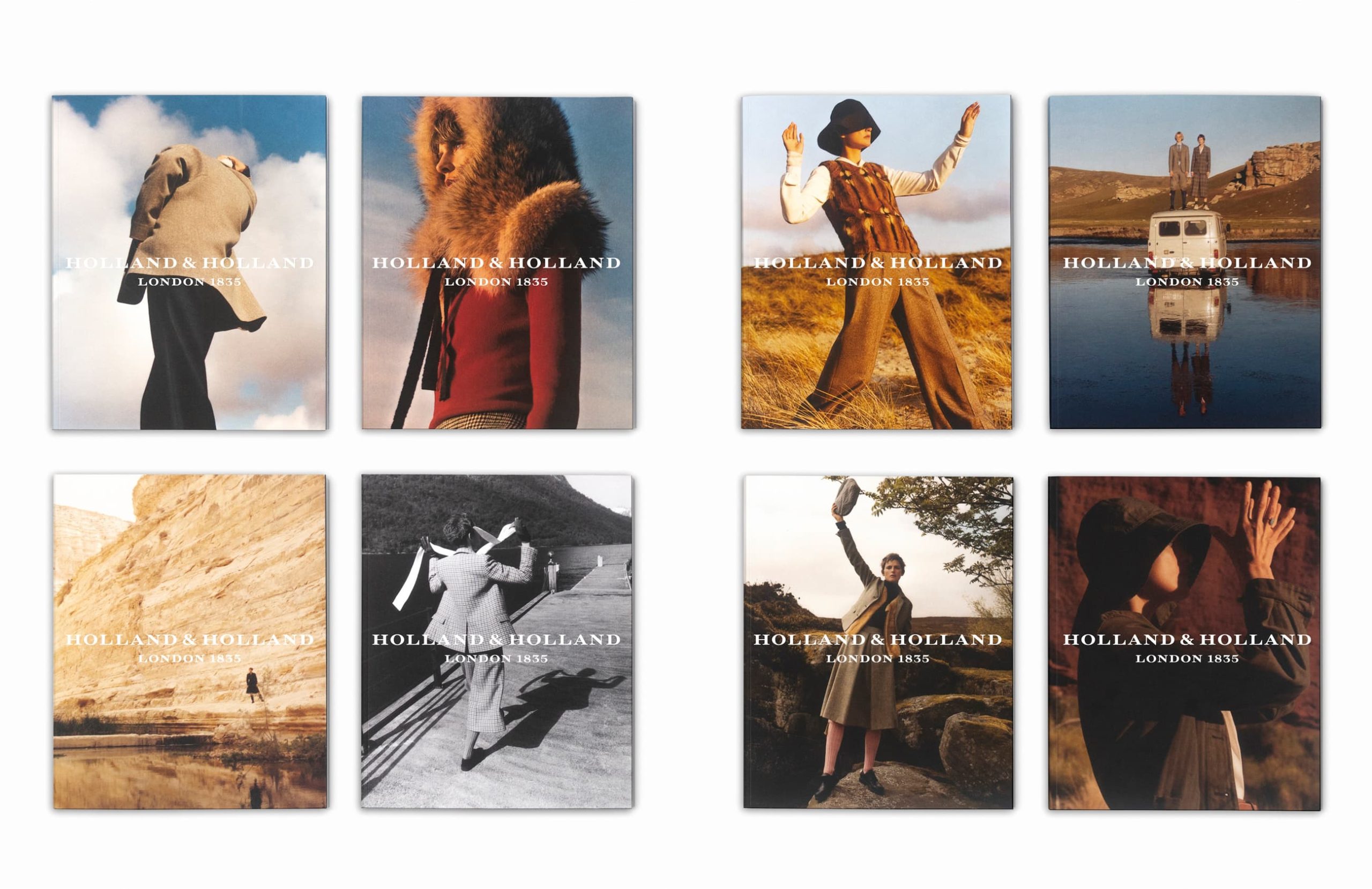
Mark Hooper: Do you feel like you’ve paved the way for other females to follow in your footsteps, by breaking through that glass ceiling?
Ronnie Cooke Newhouse: In a funny way I probably sound very unambitious, but I was always happy with what I was doing and I always worked really hard. I always felt I had to work harder than the next person, as a woman. But I had joy in what I did; the most important thing to me was not my position, but working around very like-minded people and the smartest, talented people. That was my key ambition. I didn’t care what the title was or any of it. It was just to be around people who made me think and inspired me. That was my air. And that’s been my mantra for everything. The moment it’s not that – get out and do something else. It wasn’t motivated by money. My graduate school adviser said, “Never be above flipping burgers.” To keep your dream alive.
I always knew I could make money because I was a worker. I didn’t work for my ego, I work for my creative soul – I don’t know how else to say it. And that’s what continues to lead me. It’s like my sixth sense, I go wherever that is. And I run when it’s not there!
